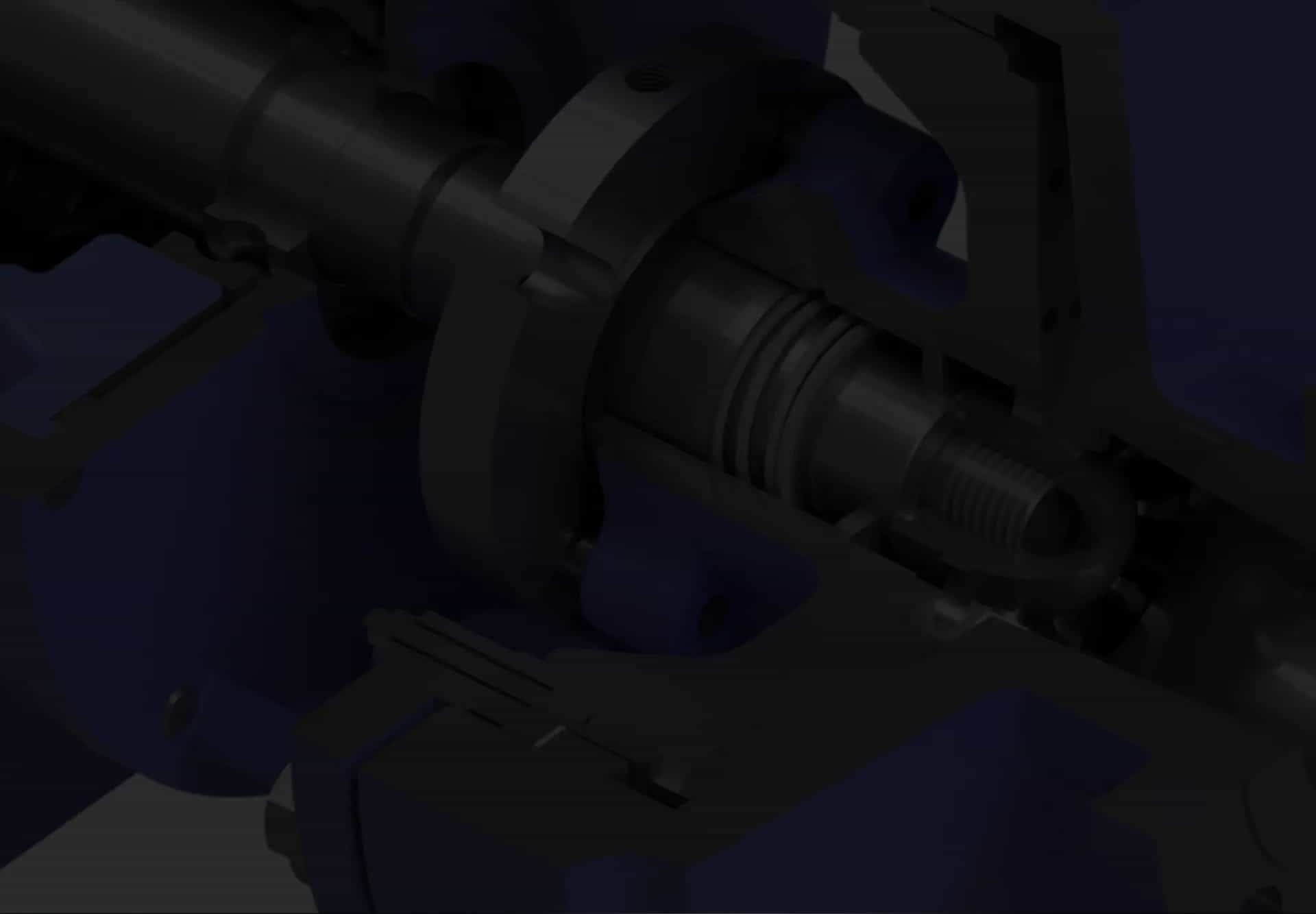Oct . 21, 2024 21:00 Back to list
shaft wipers
Understanding Shaft Wipers Their Importance and Functionality
Shaft wipers play a crucial role in the maintenance and efficiency of various machinery systems. They are primarily designed to prevent contaminants, such as dust, dirt, and moisture, from entering the internal mechanisms of shafts and other rotating components. This protection is essential, as the presence of these contaminants can lead to significant wear and tear on bearings and seals, ultimately resulting in equipment failure and costly repairs.
Shaft wipers are typically made from materials that offer durability and resistance to the harsh conditions often found in industrial environments. Common materials include rubber, polyurethane, and other synthetic compounds that can withstand extreme temperatures and provide a tight seal. The design of shaft wipers can vary, but they generally feature a lip or edge that contacts the surface of the shaft, effectively scraping off any debris before it can infiltrate critical areas.
The application of shaft wipers is widespread, found in various industries including manufacturing, automotive, and aerospace. In manufacturing, they are essential for CNC machines, where precision is paramount. The presence of contaminants can disrupt the fine tolerances required in these processes, leading to products that do not meet specifications. By employing effective shaft wipers, manufacturers can ensure that their machinery operates smoothly and consistently.
shaft wipers

In the automotive sector, shaft wipers are commonly seen in the assembly of power steering systems, hydraulic actuators, and various rotating assemblies
. Their ability to maintain a clean environment around moving parts is vital for improving the longevity and reliability of these systems, contributing to overall vehicle performance and safety.Moreover, the design and implementation of shaft wipers can also impact energy efficiency. Clean operating environments reduce friction and resistance, allowing machinery to run more efficiently. This not only enhances productivity but also reduces energy consumption—an important consideration in today’s push for sustainability.
Regular inspection and maintenance of shaft wipers are necessary to ensure their effectiveness. Over time, wipers can wear down and lose their sealing capabilities, allowing contaminants to enter. Therefore, replacing them at scheduled intervals is a best practice that can save companies significant expenses in potential downtime and repairs.
In conclusion, shaft wipers are more than just simple components; they are critical to the operational success of a wide range of machinery. By preventing debris from entering sensitive areas, they help maintain efficiency, extend equipment life, and ensure safety in various applications. As industries continue to evolve, the technology behind shaft wipers will undoubtedly advance, further enhancing their effectiveness and importance in machinery maintenance.
-
Unlocking the Potential of Hydraulic Systems with Essential Sealing Solutions
NewsAug.06,2025
-
Unleash the Power of Your Hydraulic Systems with Our Premium Seal Kits
NewsAug.06,2025
-
Specialized Hydraulic Seal Kits for Breakers, Pistons, and Presses
NewsAug.06,2025
-
Revitalize Hydraulic Systems with Premium Repair and Seal Kits
NewsAug.06,2025
-
Fortify Your Cylinders with Premium Sealing Solutions
NewsAug.06,2025
-
Elevate Hydraulic System Reliability with Specialized Seal Kits
NewsAug.06,2025
-
TCN Oil Seal Metal Ring Reinforcement for Heavy Machinery
NewsJul.25,2025
Products categories
















